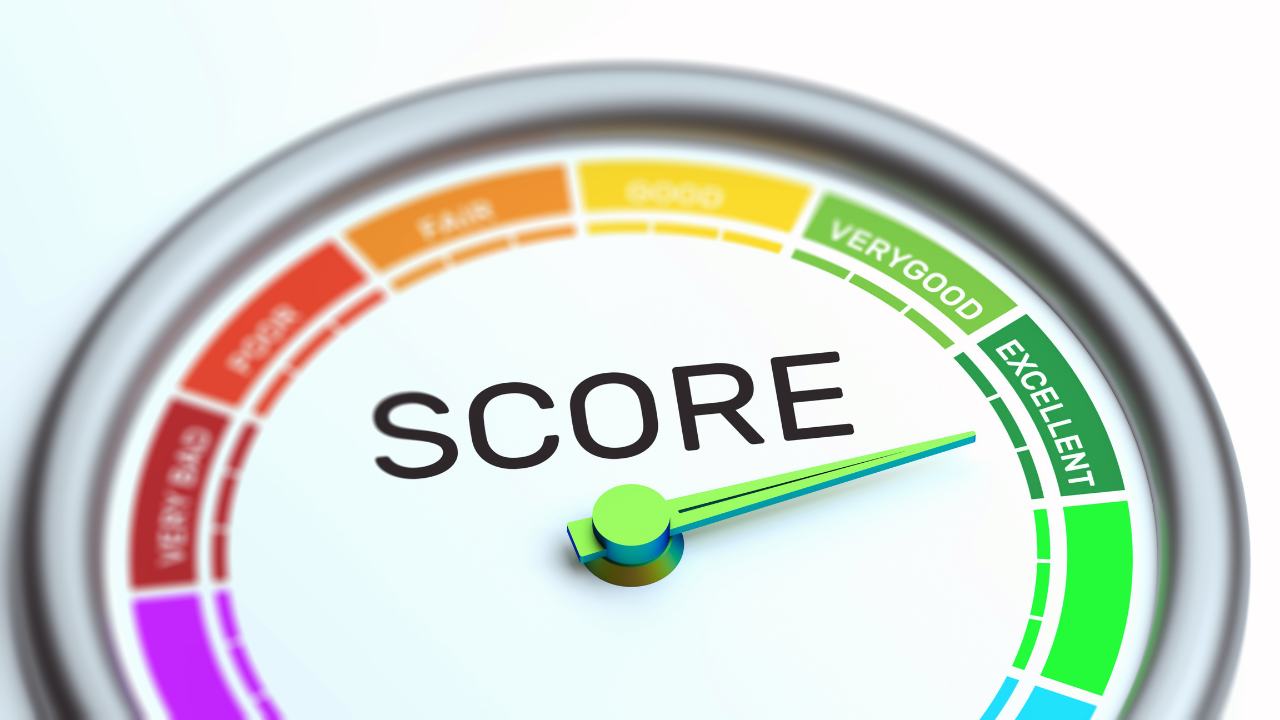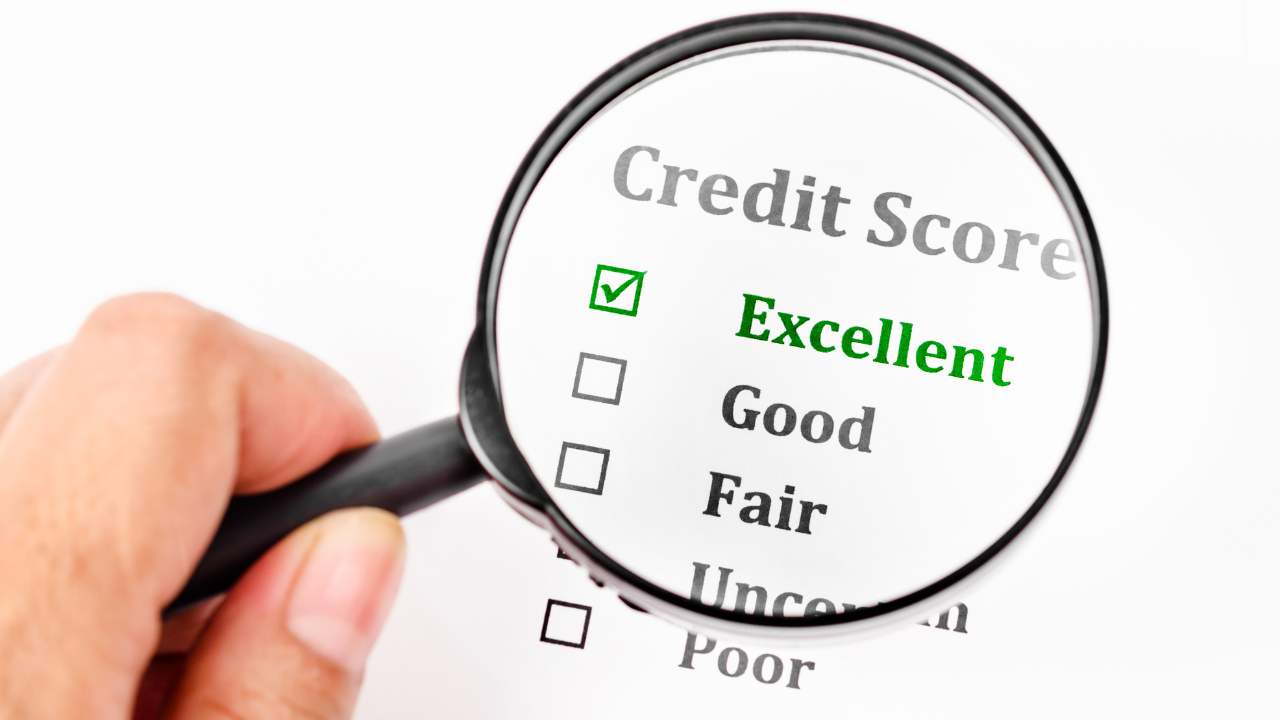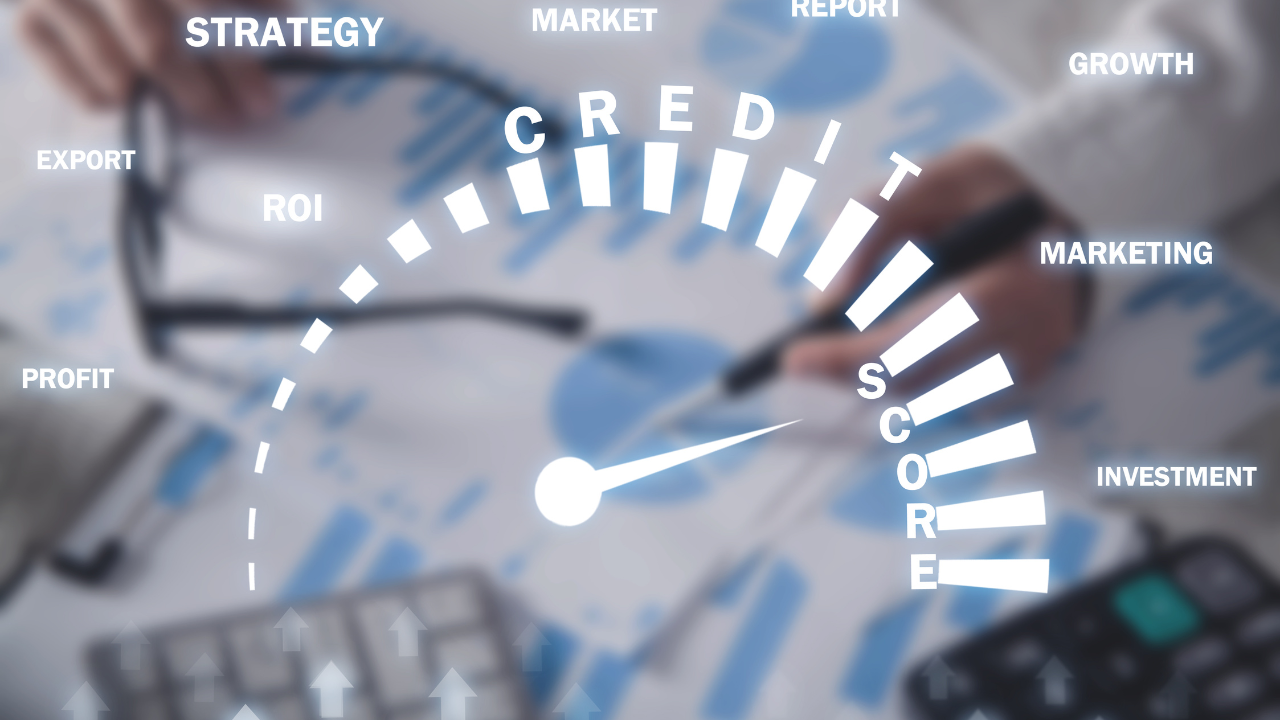Improve Your Credit Score
Your credit score is an important factor that lenders consider when deciding whether to approve you for credit, such as a loan, credit card, or mortgage. If you have a low credit score, it can make it harder to get approved for credit or result in higher interest rates and fees. Fortunately, there are steps you can take to improve your credit score. In this blog post, we’ll discuss how to improve your credit score and provide you with useful resources to help you along the way.

Understand Your Credit Score
The first step in improving your credit score is understanding how it’s calculated. Your credit score is typically based on your credit history, including your payment history, credit utilization, length of credit history, types of credit, and new credit inquiries. The most commonly used credit scoring models are FICO and VantageScore. Understanding how these credit scores are calculated can help you identify areas where you need to improve.
Check Your Credit Report
Before you can improve your credit score, you need to know what’s on your credit report. You’re entitled to a free credit report from each of the three major credit bureaus (Equifax, Experian, and TransUnion) once a year. You can request your credit report at AnnualCreditReport.com. Once you have your credit report, review it for errors or inaccuracies. Dispute any errors with the credit bureaus to have them corrected.
Pay Your Bills on Time
One of the most important factors in determining your credit score is your payment history. Late payments can have a significant negative impact on your credit score. Make sure you pay all your bills on time, including credit card payments, loan payments, and utility bills.
Keep Your Credit Utilization Low
Your credit utilization is the amount of credit you’re using compared to your credit limit. It’s important to keep your credit utilization low, ideally below 30% of your available credit. If you have high balances, work on paying them down.
Don't Close Old Credit Accounts
Closing old credit accounts can actually hurt your credit score, as it shortens your credit history. Keep old accounts open, even if you don’t use them regularly.
Be Cautious When Applying for New Credit
Applying for too much new credit at once can negatively impact your credit score. Only apply for credit when you need it and try to keep applications to a minimum.
Consider a Credit-Building Loan or Secured Credit Card
If you have limited credit history or a poor credit score, you may be able to improve your credit score by taking out a credit-building loan or secured credit card. These products are designed to help you build or rebuild your credit history by making on-time payments.
Conclusion
Improving your credit score takes time and effort, but it’s worth it in the long run. By following these tips and regularly monitoring your credit report, you can improve your creditworthiness and increase your chances of getting approved for credit in the future.







